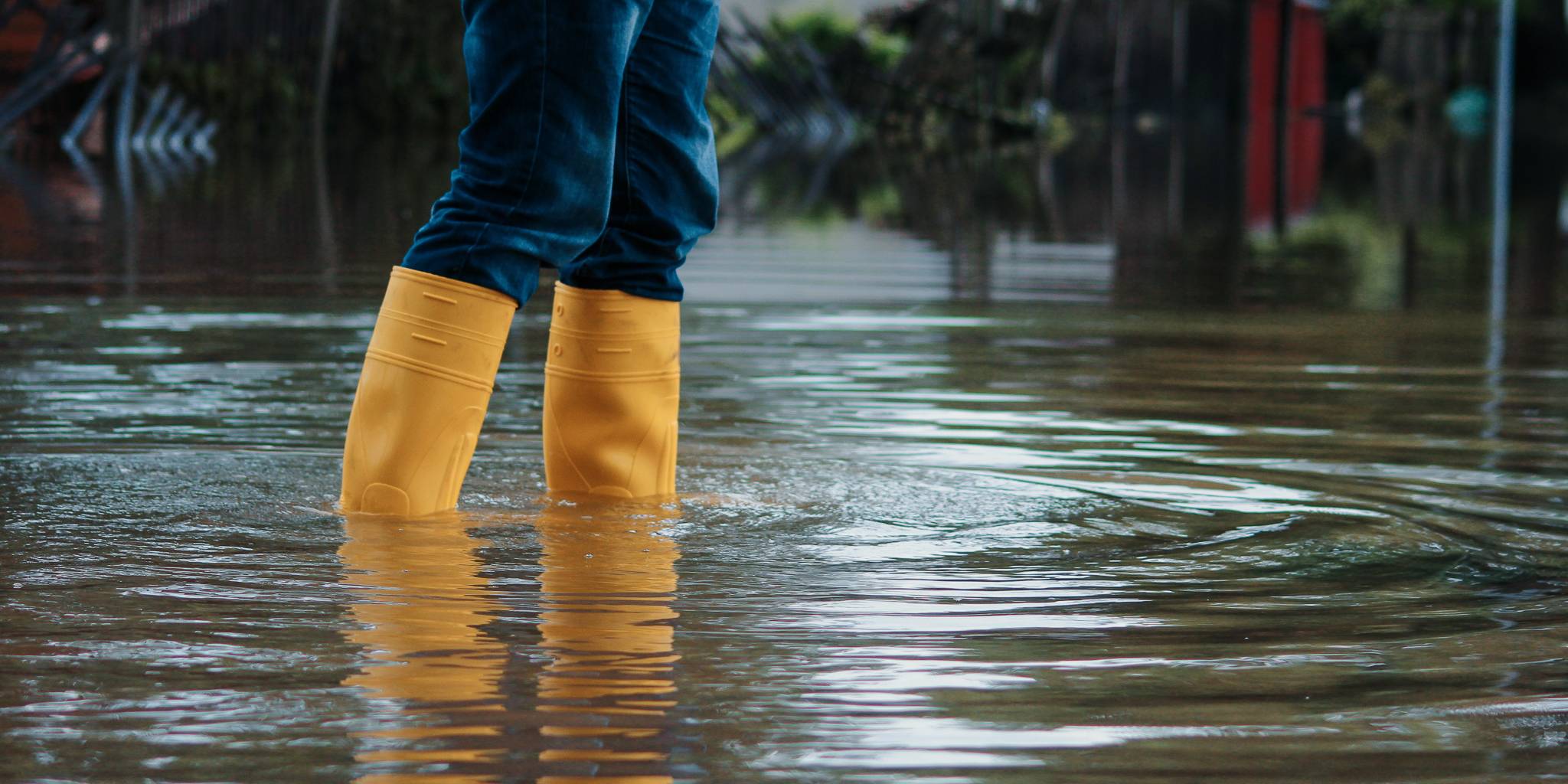By definition, financial literacy is the ability to understand and effectively use tools such as personal financial management, budgeting, and investing to develop and enhance the foundation of your relationship with money. However, many consumers lack knowledge of how poor financial decision-making early in life, can negatively effect them for years to come. But don’t worry, because that might not necessarily be your fault. Research shows that poor financial literacy stems from a lack of knowledge surrounding basic economic and financial principles. Through the years, it has become harder for the average consumer to manage their finances due to the increased use of credit for purchases, better transaction technology, and the boom of online shopping. As a result, trends show that financial literacy, although increasingly important, is declining among individuals across the board.
Why is it so important?
The way we handle money affects everything in our lives, from the types of food we eat to our chances of achieving our long term goals. Being financially literate is important because it teaches us how to maximize our income to provide stability to our current circumstances, while also setting us up to build wealth over the long term. Understanding how to budget, save, invest, and manage debt are all key components to making informed and effective financial decisions. It’s our responsibility to learn what we can and instill that knowledge on the younger generations, to ensure that we are setting them up for success as well. Beginning to put in the effort early is imperative. Financial literacy doesn’t happen overnight, but research has shown that 54% of people spend as much or more time planning their vacations as they doon their finances. So it really comes down to one question, when you think of your future how do you see yourself financially… surviving or thriving?
So, what can you do? Well, here’s a roadmap.
We understand that taking time out of your busy schedule to learn about your finances might not be the most intriguing afternoon, but that’s what we’re here for. Let Norman Gabriel Ltd. help you enhance your financial literacy.
Start Keeping a Budget
Start tracking your spending and set up a budgeting plan using a free app like Mint. Budgeting apps allow you to connect your various accounts to track your savings, while also detecting and monitoring your reoccurring bills. This way you’ll get alerts when you’re over budget or if they detect suspicious transactions on your account. With budgeting, the most important aspect is to remain consistent. That way you can accurately track your financial habits and long term trends.
Talk to a Financial Expert
Working with a financial professional can be a great tool forcovering all your bases when just getting started or as a longer term solution. They will discuss your goals in regard to your current circumstances so you can develop a sustainable plan tor each them. Although financial coaches can be pricey, having your plan in place early can save you plenty of headaches down the road.
Read Personal Finance Books
In 2019, research found 59% of adults were living paycheck to paycheck while another 28% had no emergency savings. Keeping your bookshelves stocked with books covering everything from personal financial basics to long tern debt management is a great way to educate yourself. As a lack of fundamental basics lies at the root of the global issue of financial illiteracy, finding ways to supplement the absence of personal financial education in our school curriculum is a crucial factor in finding a way to stop the illiteracy from trickling down to further generations.
Read Financial News/Subscribe to Newsletters
Financial newsletters or research from reputable sources can target the root cause of financial illiteracy, which is the lack of knowledge regarding basic financial and economic principles. By staying up to date on the most recent data and economic outlooks, you can begin to properly develop and execute both your short and long term financial goals. Commonly, you’ll find they even contain real tips and tricks from financial experts.
Listen to a Financial Podcast
Listening to a financial podcast can be a great way to cultivate your financial literacy. For those of us who are looking something more convenient, you can stream financial podcasts like So Money, The Dave Ramsey Show, and Planet Money to get your fix. With knowledge this accessible you have no reason to put off getting started today.


